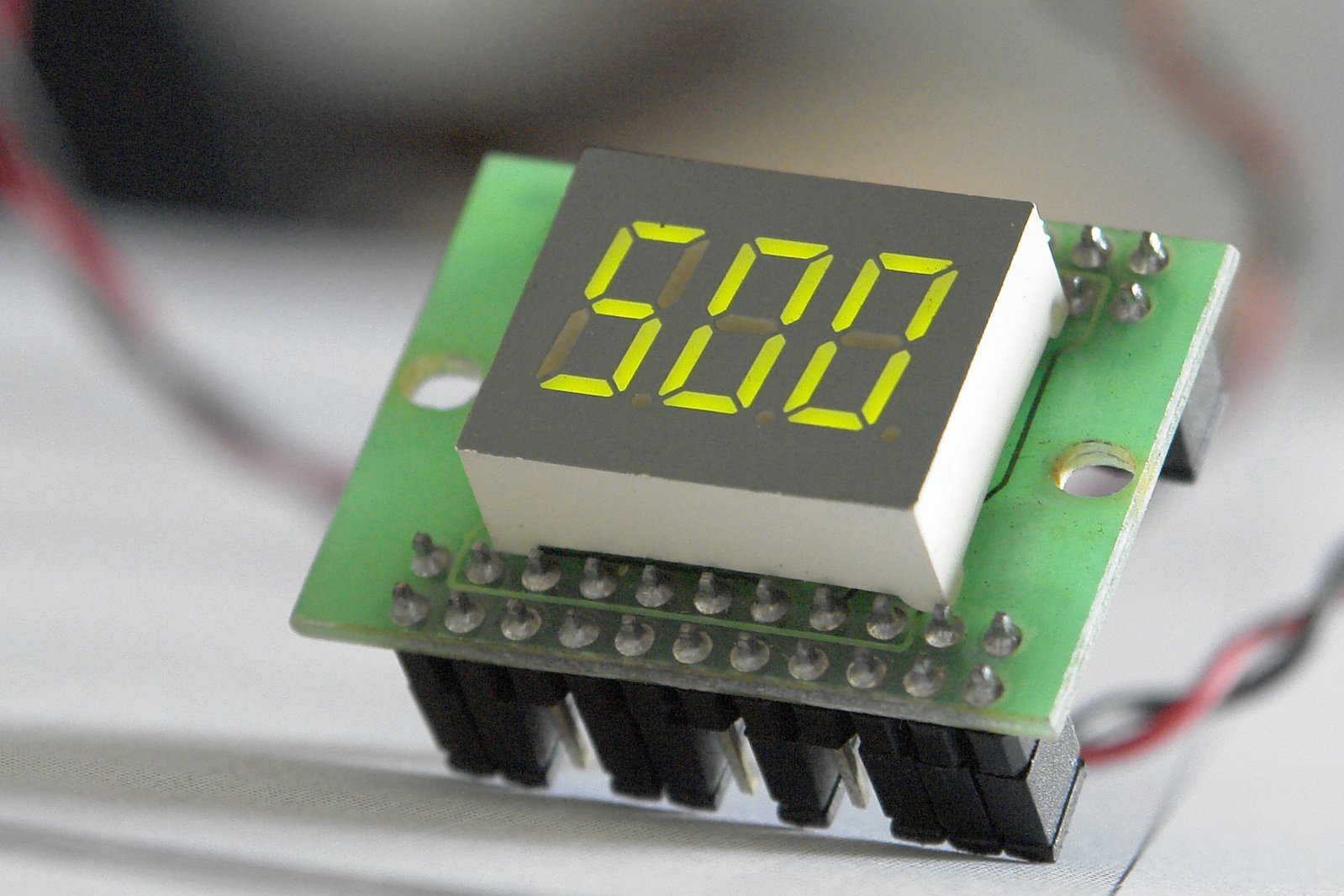

TWO days ago we wrote about the latest claim from Team UPC, later pointing out that many scholars across Europe line up and stand in Team UPC's way. The EPO (Office) hardly even mentions the UPC and the Council barely touched the subject. Miraculous leaps of faith are required to "believe" in the UPC.
"Saying that UPC/A can still be ratified and be started is akin to saying (at this point) that Donald Trump will overturn the election results and remain President until 2024."UPC won't materialise for a lot of reasons, not just a list of constitutional complaints and withdrawals. Team UPC has a long tradition of lying about the UPC; it's all about money and saving face (they made false promises to clients). Some "core people" of Team UPC are about to become unemployed and they know it. They just try to buy another month or two.
 Is the UPC about to become a reality? Been there, done that, seen that... they always say it'll come Real Soon™ or Almost There€®.
Is the UPC about to become a reality? Been there, done that, seen that... they always say it'll come Real Soon™ or Almost There€®.
How many times? Dozens if not hundreds.
Two years ago they told us it was imminent (just before the end of 2018).
It was a lie. Fabrication.
Just to be sure the lid stays shut, the following statement has just been published by the FFII (a few hours ago) to say:
FFII e.V. is a pan-European alliance of software companies and independent software developers, defending the rights to a free and competitive software creation since 1999. Over the years, more then 3,000 software companies accross Europe have supported our calls against software patenting, among which 1,100 German ones. With the Unitary Patent project, we are at the third attempt to validate software patents in Europe. The previous 2 first attempts to change the law (EPC2000 and the 2005 software patent directive) failed.
This Wednesday 25th november 2020, the Legal Affairs committee of the Bundestag will vote on the ratification by Germany of the Unitary Patent and its Court [ref1]. In a series of answers to questions asked by the Free Democratic Party (FDP) [ref2] [ref3], the German Ministry of Justice Christine Lambrecht (SPD) says that they are “no constitutional problems” with the Unitary Patent and its Court [ref4].
Firstly, on the 22nd of April 2020, the same Legal Affairs committee of the Bundestag voted [ref5] to participate in the legal proceedings in front of the German Federal Constitutional Court (GFCC) in Karlsruhe, on cases related to the question inter alia of impossibility to sue the administration (the EPO) in front of the courts for maladministration. The possibility to sue an administrative body, such as the EPO, for maladministration before the courts is one of the fundamental pillar of our western democracies, also called the “Rule of Law” (TFEU art2) and is a categorical constitutional guarantee (i.e judicial review of administrative acts). This applies also to the institutional possibility, under the requisite constitutional system of separation of powers, to appeal acts and decisions of administrative bodies (e.g. the EPO), as it can be observed in all national systems and also at the EU level, as with the other intellectual property rights of trademarks and designs, where the decisions of the EUIPO are frequently appealed before the CJEU. In this respect, the constitutional mechanism that sustains the absolutely necessary separation of powers exists for intellectual property rights in the EU (trademarks and designs) but is spectacularly absent from the Unified Patent Court and Unitary Patent institutional arrangement. As they cannot provide such basic constitutional-democratic guarantees, they concern clear unconstitutional arrangements that deprive the patent system in Europe from adequate democratic control and undermine the whole system of the EU, as these constitute blatant constitutional failures that fly in the face of the whole institutional design and function of the EU and of the arrangements and understanding that member states have with the EU. On this basic issue there is now a pan-European academic initiative [ref6] from various EU member states, including from Germany, asking for a legal reform of the the Unified Patent Court in order to restore essential democratic safeguards in its operation, such as those seen in other areas of intellectual property, as pointed out above.
For example, one of those cases relate to the fact that the EPO examiners prefered to go watch a football match of the 2010 FIFA world cup in South Africa instead of hearing an appeal (Wallinger case) [ref7]. In 2012, our association also hit the same problem during our oral opposition at the EPO against Amazon’s One Click Gift patent [ref8]. The EPO refused to provide us a live translation in the language of our choice (spanish in the particular case) [ref9]. We came to the conclusion at the time that the EPO could not be sued for maladministration.
Nevertheless, despite these well known institutional anomalies, some members of the Bundestag and the Ministry of Justice want to go forward with this ratification project, even though there are obvious “constitutional problems”. The Bundestag is now part of the legal proceedings that are active before in front of the Constitutional Court and should have more insight about those particular cases. Those cases on the impossibility to sue the EPO for maladministration were on the agenda of the Court for 2020, but apparently they won’t be decided this year, but early next year in 2021.